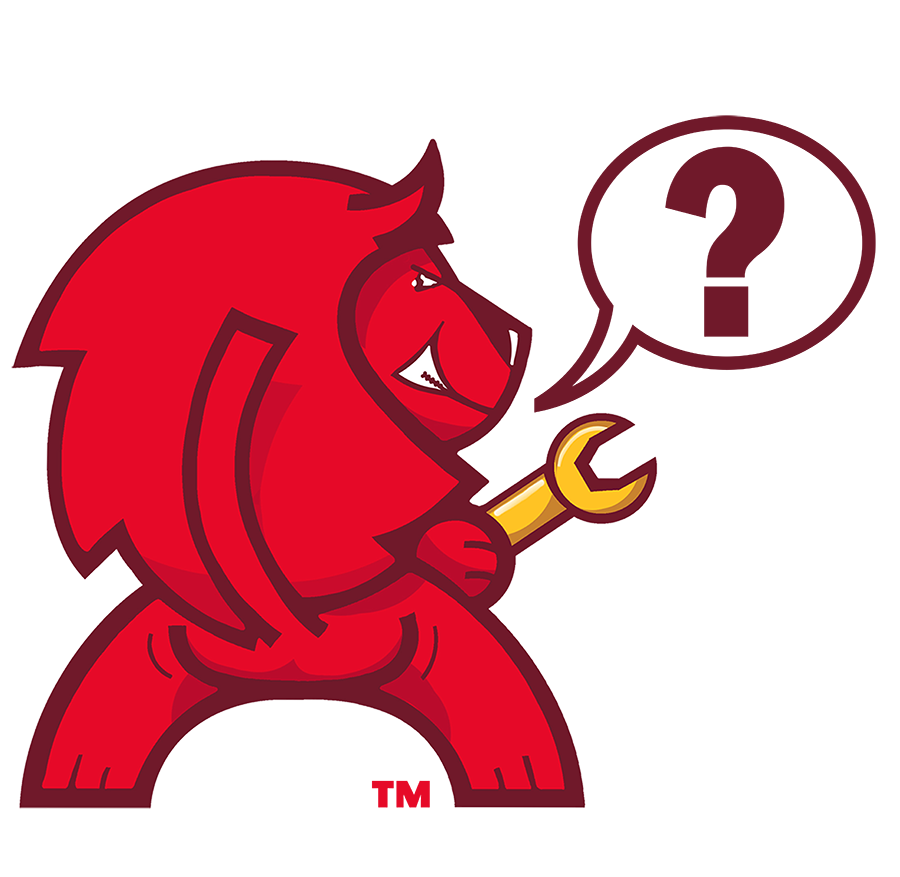Dual and Tri-Fuel LPG/NG/Propane/Butane/Autogas - Small Engine Backfiring
The information contained in our websites is designed as a guide only, for assisting Repair Professionals. By using our information you are agreeing to our T&Cs.
If you find that the unit is backfiring, or kicking back on the Starter (or pulling on the Recoil as you start), it is most likely that the engine has settled in and the Valve Clearances need adjusting.
Your engine is a system of moving parts, and moving parts wear. When you adjust a Valve, you’re not adjusting the Valve itself but compensating for that wear, letting the Valve open and close as efficiently as possible.
Pull the engine’s Rocker Cover off (aka Valve Cover). This is at the top of your Cylinder Head and covers your Rockers, springs and the stem of your Valves. If you need help identifying the parts, see the parts page for your unit here.
Although rockers and shafts add complexity, adjusting the valves is fairly easy. You are adjusting the clearance between the Rockers and the top of the Valve Stems. Rotate the engine until the piston is at the top of its compression stroke—aka Top Dead Centre (TDC)—and both of the valves are fully closed, the springs are uncompressed and the system is at its loosest.
Then stick a feeler gauge between the Valve stem and the adjuster to check the gap. If the gap is too large you will get clattery Valves. A gap that is too short will run the risk of valve damage as too much pressure is applied to the Valves and Pushrods.
You need to adjust your Valves to the setting stated by the manufacturer in the manual. If you are unable to find these settings, we try to publish as many as we can on the “Valve” product descriptions on your model’s page.
We have made a video to show you how to adjust the Valve Lash Clearances.
Your valve settings should also be checked at major services. Please check your manual for the required intervals.


